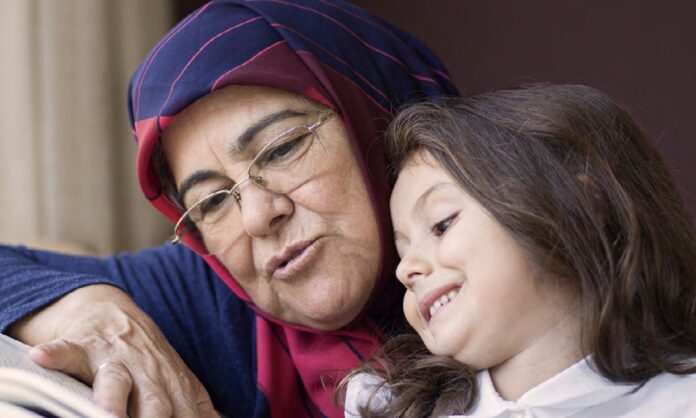The number and share of older persons in the Arab region are steadily growing and will increase substantially in the following decades. The advent of this ageing transition, which most Arab countries will start experiencing before 2030, has important economic and social implications, especially given that weak and non-inclusive social protection systems leave many older persons vulnerable to poverty, ill health and isolation.
This report provides a demographic overview of Arab countries and describes the process of population ageing in the region. It further analyses the socioeconomic conditions of the current generation of older persons and assesses projected circumstances of future generations, including healthcare and pension coverage. It also highlights the two‑way intergenerational support between older persons and their families, and warns of the potential impact of changing social dynamics. To help Arab Governments start to plan now for today’s and tomorrow’s elderly population, this report also provides actionable, concrete and comprehensive recommendations. People deserve to age with dignity. As Governments engage in development planning and policymaking under the overarching 2030 Agenda for Sustainable Development, it is vital to ensure that current and future older persons are not left behind.
UN-ESCWA: Hussein, S. (contributor) (2018) Population and Development Report Issue No. 8: Prospects of Ageing with Dignity in the Arab Region. United Nations: Beirut.
Founder and Director
Shereen Husseinis a Health and Social Care Policy professor at the London School of Hygiene and Tropical Medicine (LSHTM), United Kingdom.
Shereen Founded the MENARAH Network in 2019, through an initial grant from the Global Challenge Research Fund, UKRI. She is a medical demographer with expertise in ageing, family dynamics, migration and long-term care systems. Shereen regularly collaborates with the United Nations, the World Health Organisation and the World Bank in policy and research focused on ageing in the Middle East and North Africa Region.
Shereen received her undergraduate degree in statistics and a postgraduate degree in computer science at Cairo University. She completed an MSc in medical demography at the London School of Hygiene and a PhD in quantitative demography and population studies at the London School of Economics and Political Science, United Kingdom.



